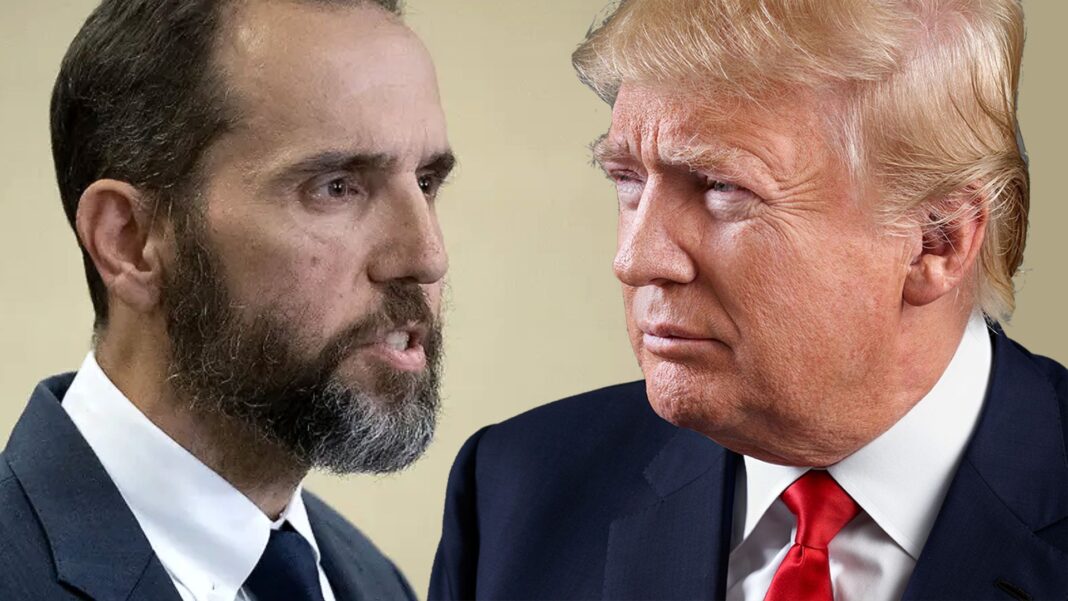‘We won’t spend it unless we think they’re doing something that has very little risk and can make us a lot of money,’ Warren Buffett stated.
As Warren Buffett’s Berkshire Hathaway strategically sells shares of companies such as Apple for cash, it is parking hundreds of billions in U.S. Treasury bills (T-bills), and now owns more of them than the Federal Reserve.
In the second quarter, Berkshire purchased an additional $81 billion in T-bills, short-term U.S. government debt securities that range from four weeks to 52 weeks, bringing its total holdings to $235 billion, according to the firm’s earnings release on Aug. 3.
As a share of the roughly $5.7 trillion outstanding short-term debt securities, the Omaha-based investing titan owns 4 percent of all T-bills issued to the public.
The company started accumulating T-bills in the first quarter of 2022 when the Federal Reserve started raising interest rates.
By comparison, the Fed’s T-bill pile is $195.29 billion as of July 31, based on the institution’s data. To put this in perspective, however, the Fed still holds approximately $4.5 trillion in U.S. Treasury notes and bonds, with maturities from one to 10 years or longer.
The Fed’s holdings of bonds and mortgage-backed securities ballooned over the past 15 years, starting with the financial crisis of 2008–09 and escalating during the COVID-19 pandemic, from around $800 billion in 2007 to a peak of almost $9 trillion 2022, according to data compiled by Statista. It has recently reduced its holdings to about $7.3 trillion, but remains the largest single buyer of U.S. Treasury securities in the world, by far, according to the Peter G. Peterson Foundation.
While T-bills are typically unappealing to investors compared to higher potential yields available in the stock market, the Fed’s recent rate hikes have made them more attractive. In the aftermath of lifting the benchmark policy rate to a range of 5.25–5.5 percent, the return rates on these investments are the highest they have been since February 2007.
The one-month yield is about 5.3 percent. The six-month yield is around 4.9 percent, and the one-year yield is 4.43 percent.
By Andrew Moran and Kevin Stocklin






